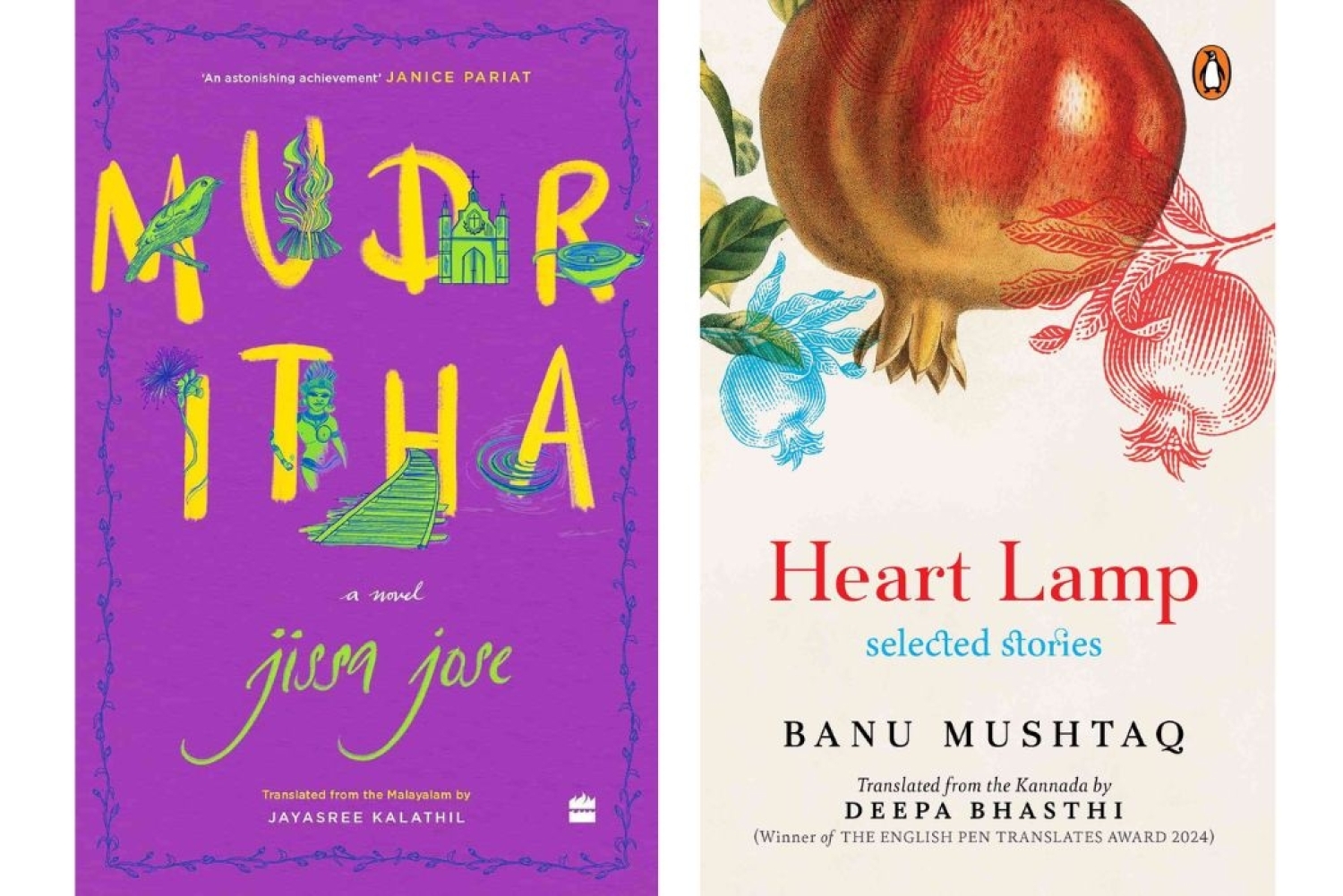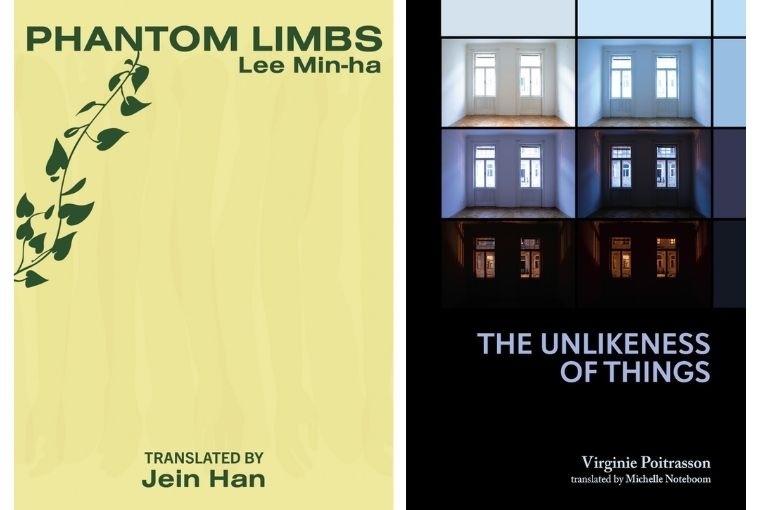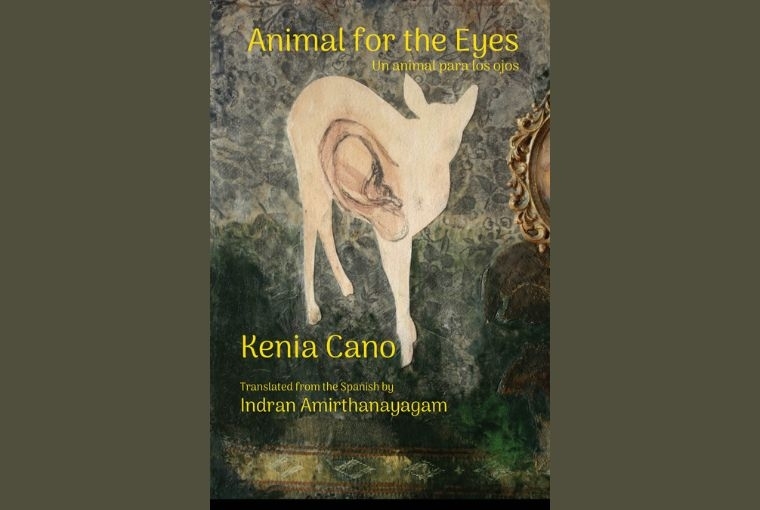

Literature is an art form that is entirely dependent on the use of language. The language and words used dictate the interpretations of a narrative, and therefore the emotions it evokes. In such a case, literature risks becoming inaccessible for those who do not know a certain language, creating boundaries for the stories one is able to read and understand. However, that is not to say that language is always a barrier to world-language literature. This inaccessibility is solved by the talents of translators, writers in their own regard, who can translate these stories while retaining their essence and emotions. These translations also allow literature to reach wider audiences, making the chance to evoke emotion and connection through writing and reading that much more vast.
Mudritha by Jissa Jose (tr. Jayasree Kalathil)
February 6th
Mudritha follows the story of the search for the titular character, a woman reported missing by a man who has never met her. In the search for Mudritha, Officer Vanitha has various revelations about the other women who surrounded her, as the book explores the desires, ambitions, and resilience of women. Originally written in Malayalam, Jayasree Kalathil brings the book to the English audience.
Heart Lamp by Banu Mushtaq (tr. Deepa Bhasthi)
April 8th
Heart Lamp captures the daily lives of young women and girls in South India’s Muslim communities through 12 short stories. The observations on human nature are a testimony to Mushtaq’s time as a journalist, as she captures the various characteristics and traits hidden in the everyman, or woman, of the Muslim communities of the south. The original Kannada book was translated into English by Deepa Bhasthi, earning it its International Booker Prize win.
Phantom Limbs by Lee Min-Ha (tr. Jein Han)
June 1st
Lee Min-Ha’s debut book of poetry, Phantom Limbs, explores the nature of the human condition and the connection between the body, the mind, and the trauma both of them feel. Jein Han’s work of translation retains the beauty of Lee Min-Ha’s writing, keeping intact the visceral imagery, as well as the slightly unsettling dreamlike tone of the poetry.
The Unlikeness of Things by Virginie Poitrasson (tr. Michelle Noteboom)
June 15th
The Unlikeness of Things is the first of Virginie Poitrasson’s collections to be translated into English, making it her debut English collection. Her poetry, deftly translated by Michelle Noteboom, plays to the senses, exploring the almost fantastical while connecting it back to the real and tangible, and eventually, the self. Reality is a threshold which is crossed time and time again; as Poitrasson writes, “What overflows here is not my flesh but my very presence.”

Animal for the Eyes by Kenia Cano (tr. Indran Amirthanayagam)
June 16th
Kenia Cano conflates women to animals as a metaphor, one used often due to the vulnerability of both women and animals, both somewhat prey in their own ways. However, in her book-length poem, Animal for the Eyes, Cano turns the misogynistic metaphor around, rather showcasing the resilience of both women and animals in a world which continues to try to hurt them. Indran Amirthanayagam’s translation of the work retains its evocative imagery, ensuring that the impact of the poetry remains intact even in the English translation.
Words Ayushie Shahane
21.05.2025
